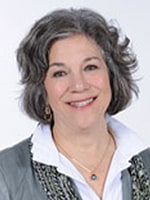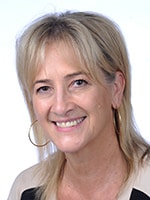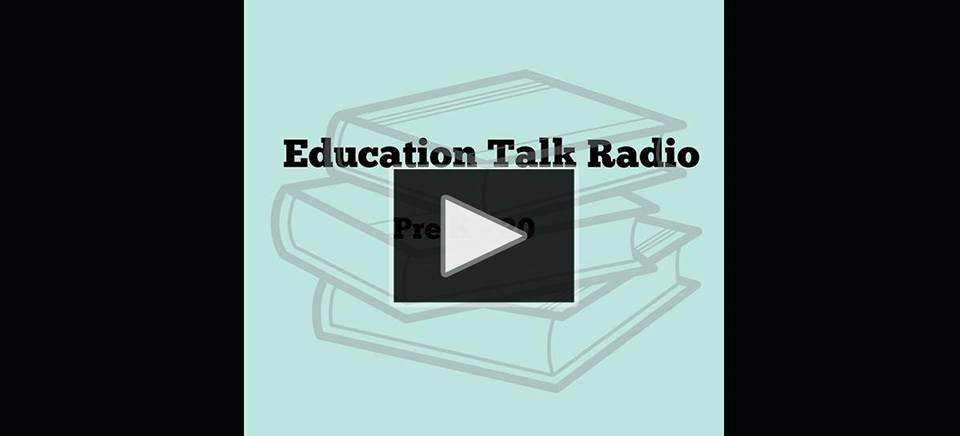Radio Show Spotlights Multicultural Education and Diversity at CU Denver
AACTE members Rebecca Kantor and Barbara Seidl of the University of Colorado Denver (CU Denver) School of Education and Human Development (SEHD) recently appeared on the EduTalk radio show to discuss their award-winning program. A recipient of the 2018 AACTE Best Practice Award in Support of Multicultural Education and Diversity, CU Denver has discovered innovative ways to infuse multicultural education and diversity into educator preparation.


When asked by Education Talk Radio host Larry Jacobs about what makes their program stand out, Seidl answered, “Nationally, we all struggle to diversify the teacher workforce. But we thought about it in two ways: the first is to diversify the actual teaching pool … and the other is to make sure that [multicultural education and diversity] is really infused across all of our content and preparation.”
The SEHD curriculum approach is based on every student candidate “sharing a common set of understandings built on social justice and equity,” said Seidl, associate dean of SEHD. “Infusion to us also means taking an integrated and coherent approach across the whole program so that students are experiencing multiple opportunities to hear about and practice these ways of teaching a diverse community of children.”
One strategy that SEHD uses to diversify the teacher workforce is the national Pathways2Teaching program created by their colleague, Margarita Bianco, to encourage high school students of color to enter the teaching profession. Seidl explained how the university connects with local metropolitan high schools to target communities where they can find students to prepare to be teachers who are first generation and represent diverse backgrounds.
Seidl also attributes CU Denver’s success to not taking an “all size fits all” approach for diversifying the teaching pool. SEHD offers a system with multiple pathways to teaching, which includes the traditional undergraduate program, next generation pathway, alternative licensure program to prepare teachers for hard to staff schools, and graduate teacher education program.
Kantor, dean of SEHD, emphasized the importance of the systems approach in supporting multicultural education and diversity. “Infusing content is, of course, really important,” she said. “But [so are] the systems that [Seidl] talked about, which might be systems of recruitment that now reach back to the high school, systems of support for students who want to appear as candidates to the program, to partnerships with schools in the preparation of our students. They are all important in making it happen; it’s not one isolated piece.”
Jacobs asked whether the nationwide teacher shortage has caused CU Denver to experience a decline in the number of teacher candidates. “Actually we are not declining. We are growing in absolute numbers,” Kantor responded. “What has changed is which programs and particular pathways have shrunk or grown.” Kantor pointed out the large graduate teacher programs where candidates can enroll in school full time without working in the classroom have gotten smaller, but the alternative licensure program or “learn on-the-job preparation” has grown exponentially, as well as the undergraduate program.
Kantor and Seidl shared ways SEHD assesses their efforts regularly and engages in continuous improvement to hold themselves accountable in diversifying the workforce and infusing multicultural content and perspectives.
Hear more from the interview participants by listening to the show recording on the Education Talk Radio website.
Tags: diversity, media, workforce development







